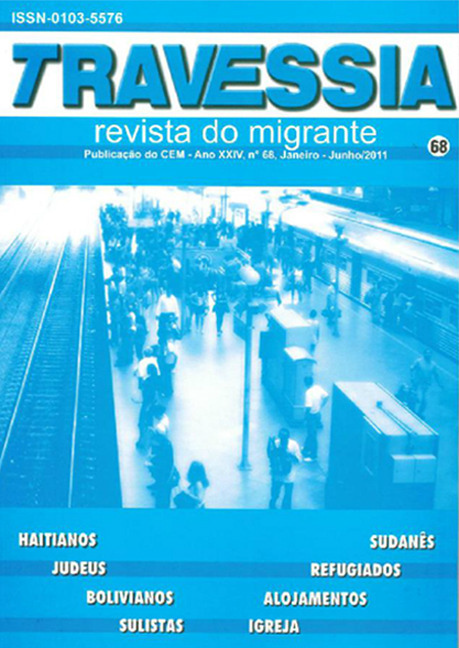Estratégias de inserção produtiva dos migrantes do sul do Brasil no Mato Grosso no período pós-1990
DOI:
https://doi.org/10.48213/travessia.i68.499Keywords:
farmers, Southern Brazil, Mato GrossoAbstract
The article focuses on the migration processes experienced by peasant families from the south of Brazil to Mato Grosso state in the post-1990s period. We base our study on the assumption that this migratory flow shows a heterogeneity of social groups with their experiences which produce different relations in each historical moment. The main goal is to analyze the path and strategies of the “entering” in Mato Grosso by small rural land owners. From the analysis of the trajectories, we first contextualize the development process of the region; in a second moment, we deepen the analysis about the “arrival” of these social actors to Mato Grosso. The so-called “small” social actors move about in their destination seeking spaces for inserting themselves into production and finding a place to live. The struggle for the access to land and to work are key in this respect, requiring a constant assessment by the actors regarding the “best place” to settle or establishing a new migration step.


